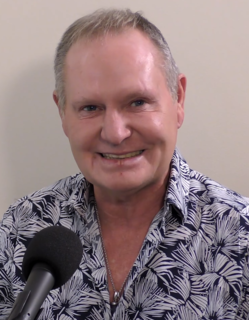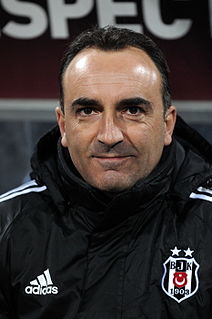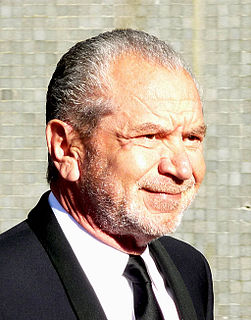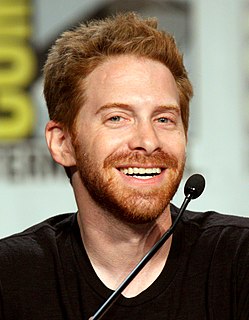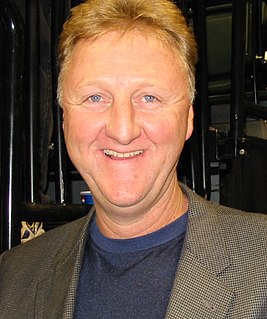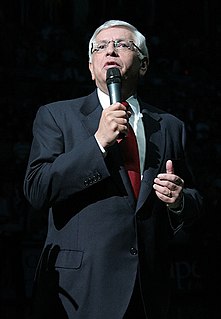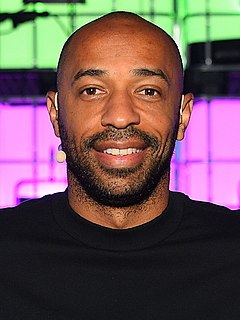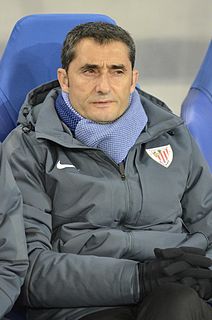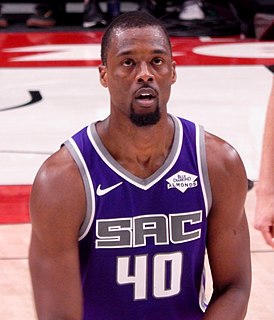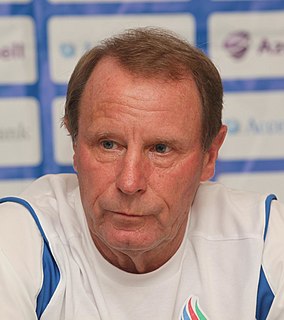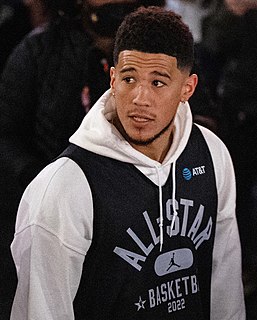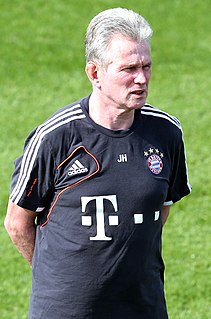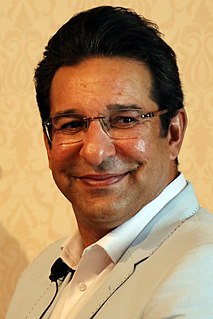A Quote by Paul Gascoigne
I know as a manager you have to abide by the chairman's decisions. But his decisions were this team, that team, this player, that player. The chairman is a control freak.
Related Quotes
I was always making decisions and they were easier decisions because I had control of the game, I had control of the ball. As a coach you sort of put the ball in other player's hands and let them make decisions for you. But I still get a kick out of winning basketball games and that's what I'm in this for.
Since the NBA purchased the New Orleans Hornets, final responsibility for significant management decisions lies with the Commissioner’s Office in consultation with team chairman Jac Sperling. All decisions are made on the basis of what is in the best interests of the Hornets. In the case of the trade proposal that was made to the Hornets for Chris Paul, we decided, free from the influence of other NBA owners, that the team was better served with Chris in a Hornets uniform than by the outcome of the terms of that trade.
It is one of my biggest regrets that Niall Quinn was not here during my time... I felt he was an intelligent player. It would have been a good combination with Thierry Henry. What I like with Quinn is if you look at the player who played next to him, he always scored 40 goals because he had a hand for his head and he just put the ball where you were. He was a team player. A top-class player makes other players look good and he had that player.
No, I didn't expect Mancini to become a manager, because of the type of player he was - he was an intelligent player, of course, but I didn't think he had the desire to become a manager. But I guess if you speak to some of my team-mates they'd probably say they didn't expect me to either. I certainly didn't expect it.
